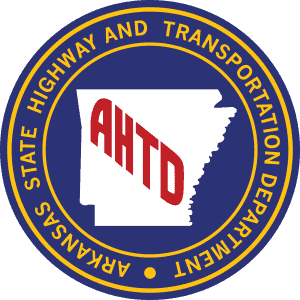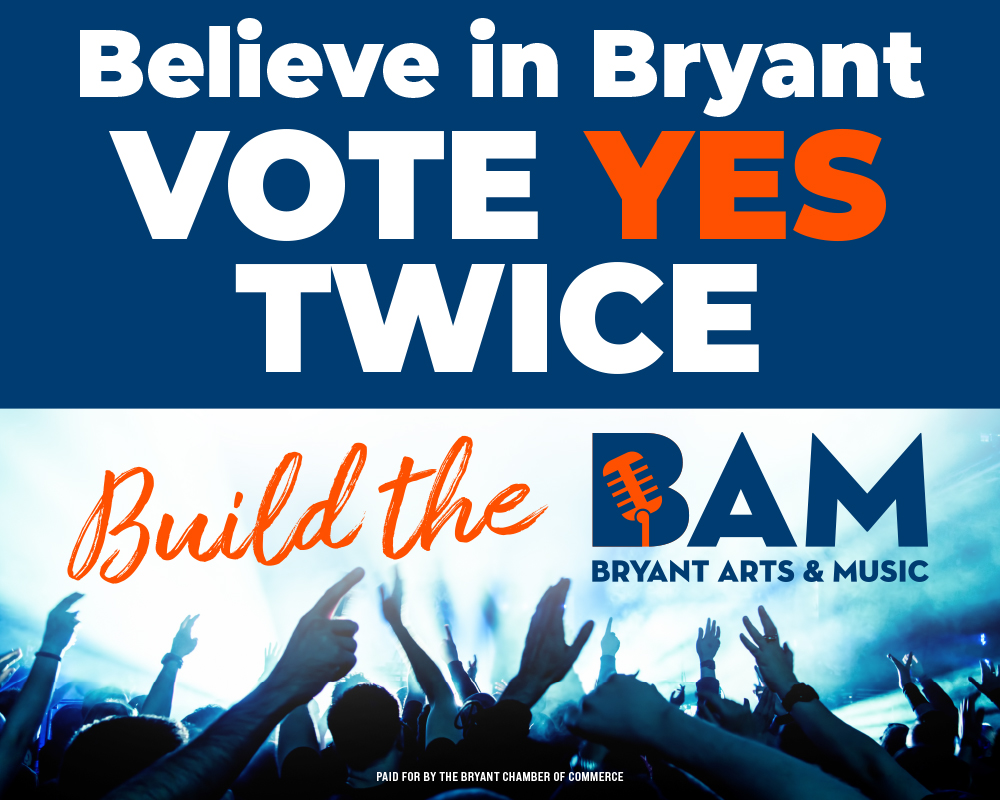
As part of the process to ultimately develop a long-term highway funding plan, the Arkansas Good Roads Foundation (AGRF), at the Governor’s request, is conducting statewide focus groups. MySaline was invited to attend, so correspondents Roger and Thelma Poole were there.
Craig Douglass led the community discussion in Benton on Wednesday, November 2nd, on ways of funding Arkansas Highways. He is the Executive Director of AGRF, a non-profit research group that is exploring ways of financing road construction and maintenance. These focus groups have a goal to uncover ideas on how to fund highways, bridges and streets in Arkansas. This one happened to be at the Benton Events Center.
John Gilmore, President of Gilmore Strategy Group and also former Deputy Chief of Staff & Campaign Manager for Asa Hutchinson in 2014 was also there, mostly taking meticulous notes.
According to Douglass, road maintenance has been falling behind due to lack of funds. You can see evidence of that on the access road leading toward Little Rock from Bryant. There has not been the usual procedure of resurfacing. The potholes have gotten patches resembling concrete plugs for the past couple of years. While temporarily slowing deterioration, they sure are rough.
Most of our highway funding comes from the gas tax per gallon, purchased at the pump. As our cars become more fuel efficient, we purchase fewer gallons of gas, causing funding decline. Arkansas funds its state and local roads primarily with revenue from state and federal fuel taxes, which costs a fixed rate per gallon of fuel. Fixed-rate fuel taxes tie highway funding revenue to the level of fuel consumption.
If you look up how many road miles there are per state, Arkansas has 209,159 miles of road. In comparison, Mississippi has 156,999 and Louisiana has 130,038. Arkansas has 2.9M in population, Mississippi 2.9M and Louisiana 4.6M. Roughly 41% of residents are 18 and under or 65 and over, and do not drive as many miles. This figure is a little lower in most other states. All this points to the fact that Arkansas has a lot of roads per capita – more than most other same sized states.
We learned from the focus group that our state would like to strive to seal or overlay roads at least every 15 years. Right now they do not have the funds to meet this objective.
To maintain those roads, we need to pay more per capita. This is reflected in our sales tax at the pump being just a little bit higher per gallon. By mathematical figures, it needs to be even higher. But everyone hates to raise taxes. So the state is asking people how to do this and what solution would get your vote.
Governor Hutchinson recognizes, “Highway infrastructure is key to our state’s economic development and growth.”
Some in our focus group lobbied for even other means of transport for the delivery of goods like deeper and wider water channels, pointing to how the Panama canal has been increased in size allowing for gigantic ships carrying goods.
Our governor sees the need to have the cash to match new federal funding. He presented his plan to the state legislature. Through House Bill 1009 May 2016, the legislature authorized $50 million per year (from various places in the general fund) for the next five years in order to obtain federal matching funds in the amount of $200 million. Federal funding amounts to 80% while local is 20%. But this is just a stop-gap in the real need we have to take care of our roads. It is so much cheaper to maintain roads than to fall so far behind in maintenance that the only alternative is to rebuild them.
http://www.arkansastrucking.com/news/459-governor-signs-arkansas-highway-plan-into-law
- Given that we will need twice as much funding in the next ten years to keep up with maintenance, would you vote to increase the state gasoline tax?
Trucking companies crossing state lines are required to register as a user of the International Fuel Tax Agreement (IFTA). IFTA is an agreement between the lower 48 states of the United States, Mexico and the Canadian provinces. Mileage within a state creates revenue in taxes. While there is a rate set for trucks to pay per gallon of gas bought, that is not exactly how the tax is collected. It is on miles driven within each state. This prevents truckers from filling up outside the borders of a state and passing through ignoring the pumps of states with higher tax rates. As commercial motor vehicles buy fuel, any fuel taxes paid are credited to that licensee’s account. At the end of the fiscal quarter, the licensee completes their fuel tax report, listing all miles traveled in all participating jurisdictions and lists all gallons purchased. Then the average fuel mileage is applied to the miles traveled to determine the tax liability to each jurisdiction. A tax report is submitted to the various jurisdictions at that time.
The Arkansas Trucking Board is in favor of increasing the tax on trucking fuel by 5¢ per gallon. But trucks, like cars, are becoming more fuel efficient.
In 2012 voters approved a ½ cent sales tax lasting until 2023 stipulated by law to go for use in building and maintaining roads and bridges. By the way, State Roads share the money with City 15% and County 15%. This leaves 70% to the State. The ½ cent sales tax made promises to do certain projects. All of these projects have been let for bids. For instance Highway 70 from Interstate 30 to Hot Springs is set to become five lanes soon.
- Would you vote to extend the ½ cent sales tax ending in 2023? We are already paying it.
- Would you vote for a 1% sales tax to fund projects we feel we need in Arkansas?
- For what period of time would you approve either of these taxes?
- Would you vote to make it permanent?
There is a VMT pilot program of volunteers in Oregon right now to explore tax on miles driven. With new technology, we can know how many miles cars drive. Would you rather have this method of taxing?
Some asked about toll roads (which no one in this focus group wanted). Arkansas simply does not have the volume of traffic to offset administrative costs and produce much revenue.
One focus group participant mentioned a tax she knew of called HOT lanes. As I understand it, first there must be 3 or more lanes on the road. The left lane is a HOV or High Occupancy Vehicle Lane requiring two or more occupants in a vehicle. In most instances HOV lanes have lots fewer cars in them than the other two. HOT would allow a vehicle with only one person to enter along with the HOV and be charged a toll for doing so while the other cars are not paying tolls. This would be monitored with cameras and you would be sent a bill through the mail.
One other option explored was to tax the wholesaler of fuels upon delivery to the gas stations. I don’t know of any wholesaler who pays taxes on their product. The taxes are paid by the consumer at that point of purchase.
- Knowing that the price of the tax would most likely end up in the price per gallon charged to the consumer, would you vote to do this?
- Do you have any other ideas that would create the revenue needed to keep our roads in the shape we would like them to be in for an enjoyable ride?
- Do you enjoy having wider and smoother roads to drive on? How can we pay for them?




